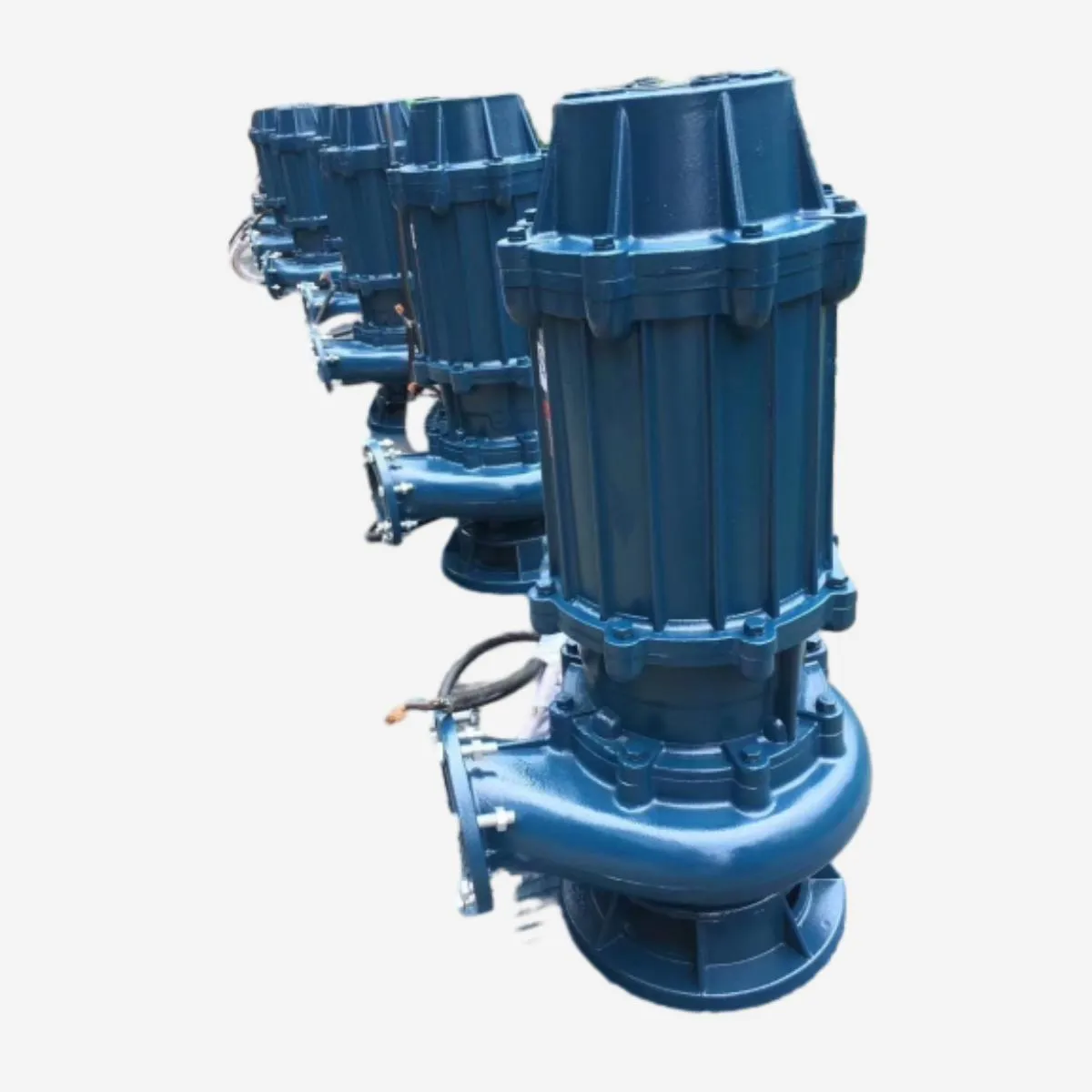Khmer
- Afrikaans
- Albanian
- Amharic
- Arabic
- Armenian
- Azerbaijani
- Basque
- Belarusian
- Bengali
- Bosnian
- Bulgarian
- Catalan
- Cebuano
- Corsican
- Croatian
- Czech
- Danish
- Dutch
- English
- Esperanto
- Estonian
- Finnish
- French
- Frisian
- Galician
- Georgian
- German
- Greek
- Gujarati
- Haitian Creole
- hausa
- hawaiian
- Hebrew
- Hindi
- Miao
- Hungarian
- Icelandic
- igbo
- Indonesian
- irish
- Italian
- Japanese
- Javanese
- Kannada
- kazakh
- Khmer
- Rwandese
- Korean
- Kurdish
- Kyrgyz
- Lao
- Latin
- Latvian
- Lithuanian
- Luxembourgish
- Macedonian
- Malgashi
- Malay
- Malayalam
- Maltese
- Maori
- Marathi
- Mongolian
- Myanmar
- Nepali
- Norwegian
- Norwegian
- Occitan
- Pashto
- Persian
- Polish
- Portuguese
- Punjabi
- Romanian
- Russian
- Samoan
- Scottish Gaelic
- Serbian
- Sesotho
- Shona
- Sindhi
- Sinhala
- Slovak
- Slovenian
- Somali
- Spanish
- Sundanese
- Swahili
- Swedish
- Tagalog
- Tajik
- Tamil
- Tatar
- Telugu
- Thai
- Turkish
- Turkmen
- Ukrainian
- Urdu
- Uighur
- Uzbek
- Vietnamese
- Welsh
- Bantu
- Yiddish
- Yoruba
- Zulu
Telephone: +86 13120555503
Email: frank@cypump.com
វិច្ឆិកា . 04, 2024 16:44 Back to list
Understanding the Importance of Sewage Pumps in Wastewater Management Systems
Understanding Sewage Pumps Essential Components for Wastewater Management
Sewage pumps are critical components in wastewater management systems, playing a vital role in the transportation of sewage from homes and businesses to treatment facilities. These pumps are designed to handle the challenging task of moving wastewater, which often contains solid waste and other materials that can obstruct traditional drainage systems.
What is a Sewage Pump?
A sewage pump is specifically engineered to pump sewage and wastewater that contains solids and effluents. Unlike general sump pumps that only handle water, sewage pumps are equipped with powerful impellers to deal with larger particles. They are commonly installed in basements, large structures, or areas where gravity drainage is not feasible.
Types of Sewage Pumps
There are several types of sewage pumps, each designed for specific applications
1. Submersible Sewage Pumps These pumps are designed to operate while submerged in the sewage they are pumping. This makes them energy-efficient and effective, as they can handle larger volumes of wastewater with less risk of clogging.
2. Effluent Pumps Although similar to sewage pumps, effluent pumps are designed to handle slightly cleaner wastewater that is free from solids larger than two inches. They are ideal for moving wastewater from septic systems to drain fields.
3. Grinder Pumps These pumps are equipped with sharp blades that chop up solid waste into smaller pieces, making it easier to pump through smaller pipes. Grinder pumps are often used in areas where sewage requires transport over long distances or at significant elevations.
sweage pump

4. Lift Station Pumps In areas where the sewage needs to be lifted to a higher elevation, lift station pumps are employed. These systems are equipped with multiple pumps and are designed to handle high volumes of wastewater.
Applications of Sewage Pumps
Sewage pumps are utilized in various settings, including residential, commercial, and municipal applications. In residential settings, they can be used to move wastewater from bathrooms or laundry rooms located below the main sewage line. In larger commercial applications, such as shopping centers and industrial facilities, sewage pumps are essential for maintaining sanitation and compliance with health regulations.
Municipal systems rely on sewage pumps for efficient wastewater treatment. Many treatment plants use them to convey sewage from collection points to processing facilities. This is especially important in cities where stormwater and sewage systems must be managed to prevent environmental contamination.
Maintenance and Troubleshooting
Proper maintenance of sewage pumps is essential to ensure their longevity and efficiency. Regular inspections and periodic cleaning help prevent blockages and mechanical failures. Common issues such as pump overheating, clogging, or unusual noises should be addressed promptly. Homeowners and facility managers should be aware of the signs that a sewage pump may need servicing, including slow drainage, unpleasant odors, or visible leaks.
Conclusion
In conclusion, sewage pumps are an integral part of modern wastewater management systems. Their ability to efficiently transport sewage helps prevent backups and overflows that can lead to public health issues and environmental hazards. By understanding the different types of sewage pumps, their applications, and the importance of maintenance, individuals and organizations can ensure effective sewage management and contribute to a cleaner, healthier community. Whether in a residential home or a sprawling industrial complex, these pumps play a crucial role in the management and treatment of wastewater, making them indispensable in our daily lives.
-
Heavy-Duty Mining Sludge Pumps - Wear-Resistant Slurry Handling
NewsAug.02,2025
-
Horizontal Split Case Pump with GPT-4 Turbo | High Efficiency
NewsAug.01,2025
-
ISG Series Pipeline Pump - Chi Yuan Pumps | High Efficiency, Durable Design
NewsAug.01,2025
-
Advanced Flue Gas Desulfurization Pump with GPT-4 Turbo | Durable & Efficient
NewsJul.31,2025
-
ISG Series Vertical Pipeline Pump - Chi Yuan Pumps | Advanced Hydraulic Design&Durable Construction
NewsJul.31,2025
-
ISG Series Vertical Pipeline Pump - Chi Yuan Pumps | Energy Efficient & Low Noise
NewsJul.31,2025










